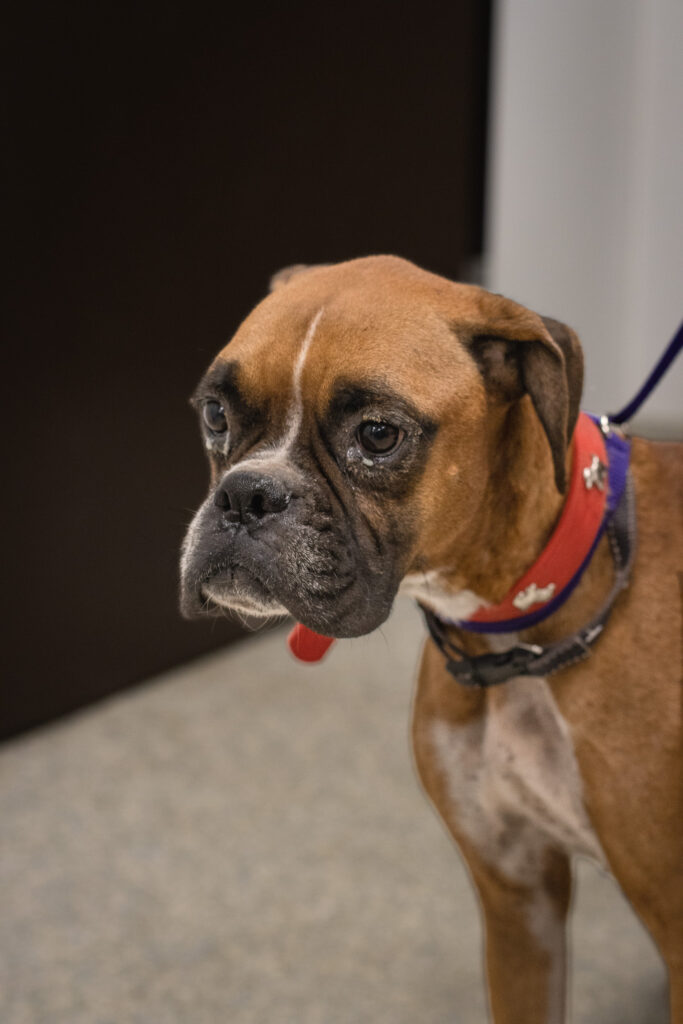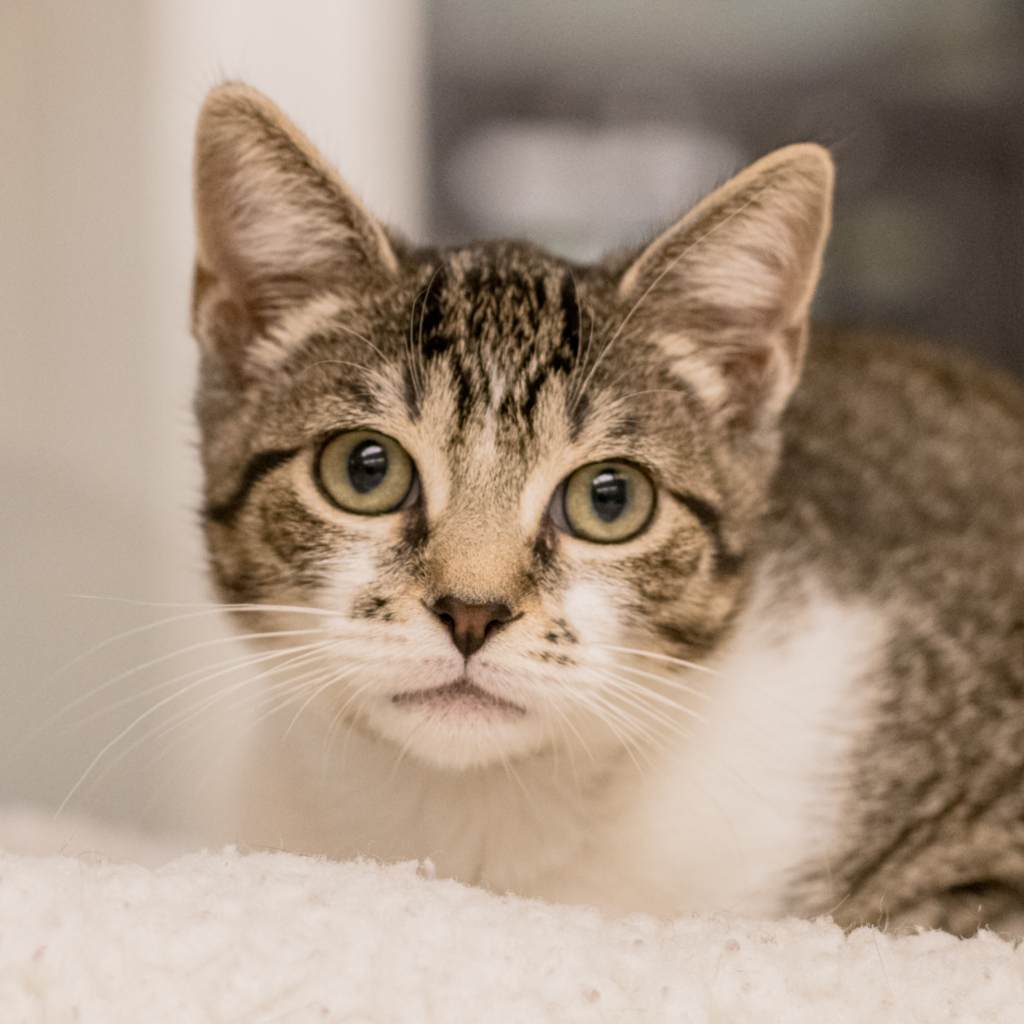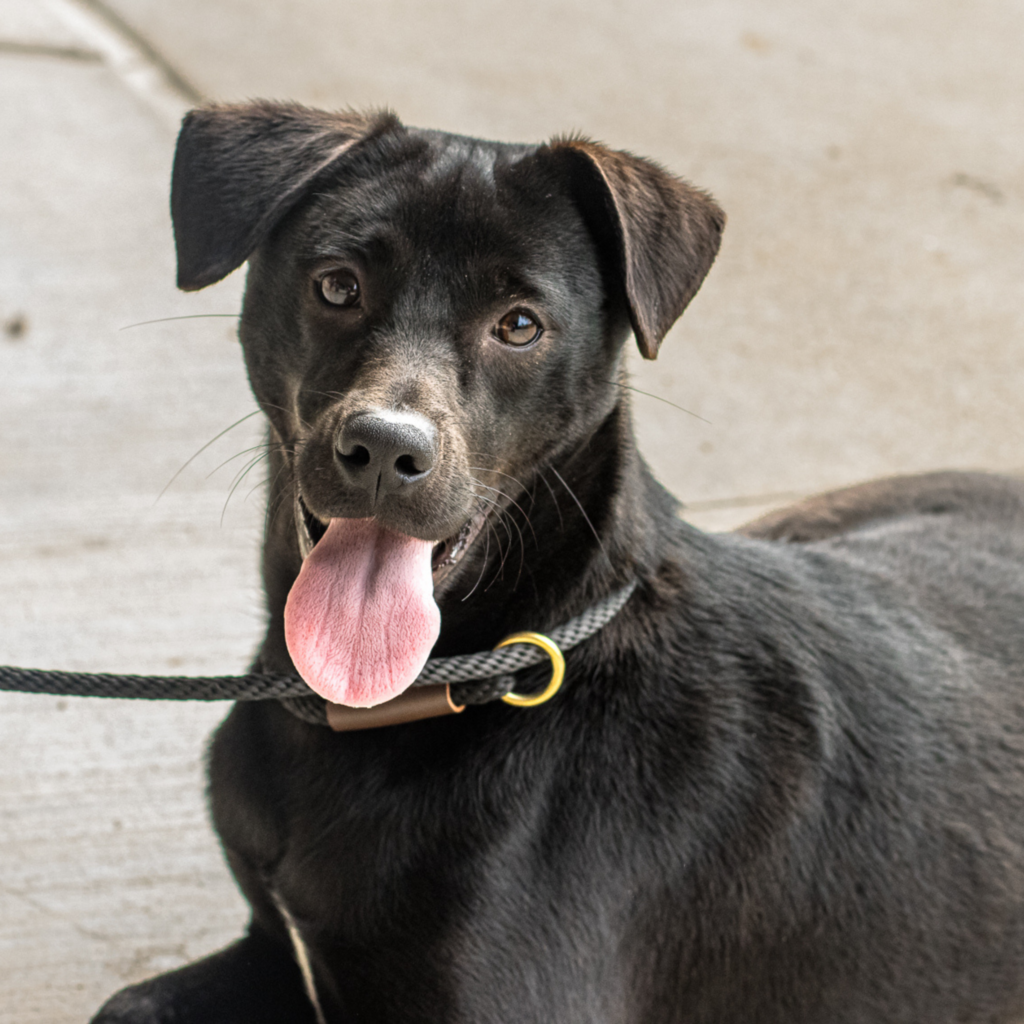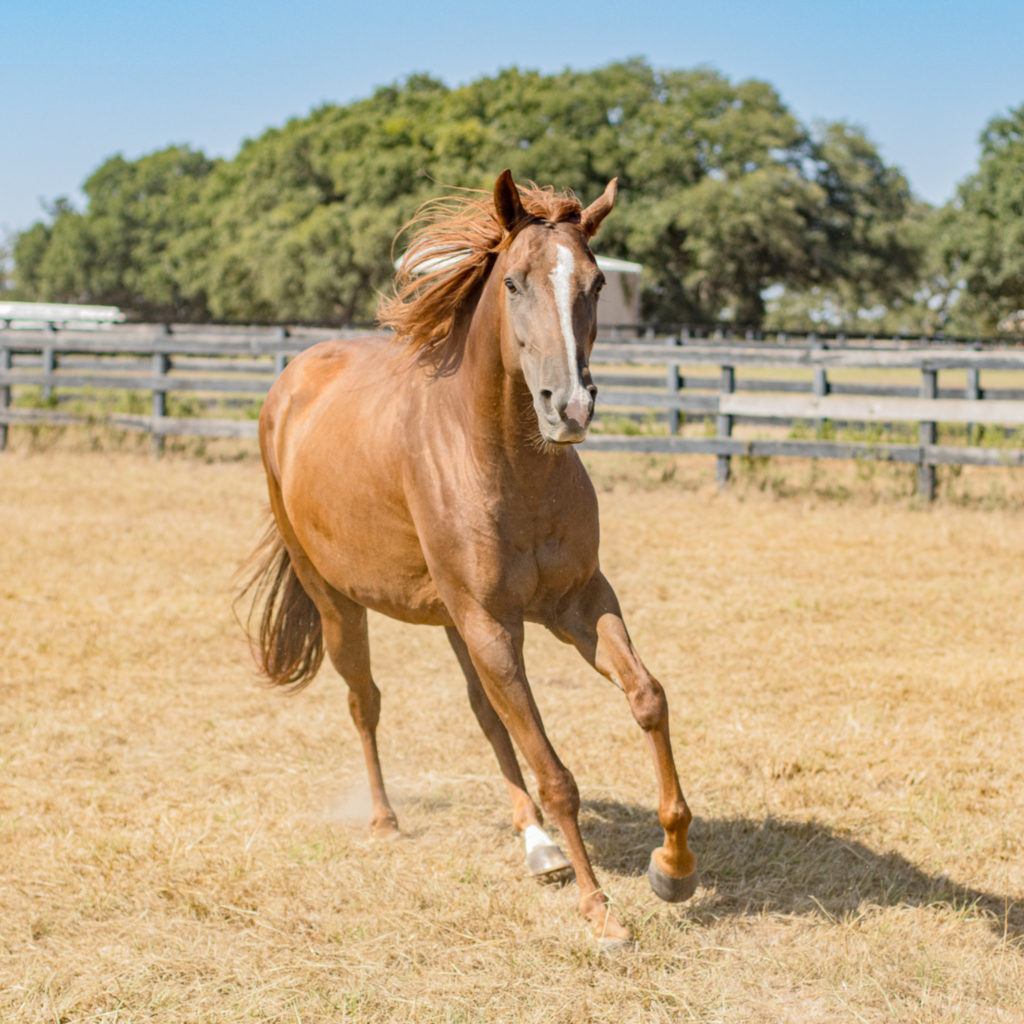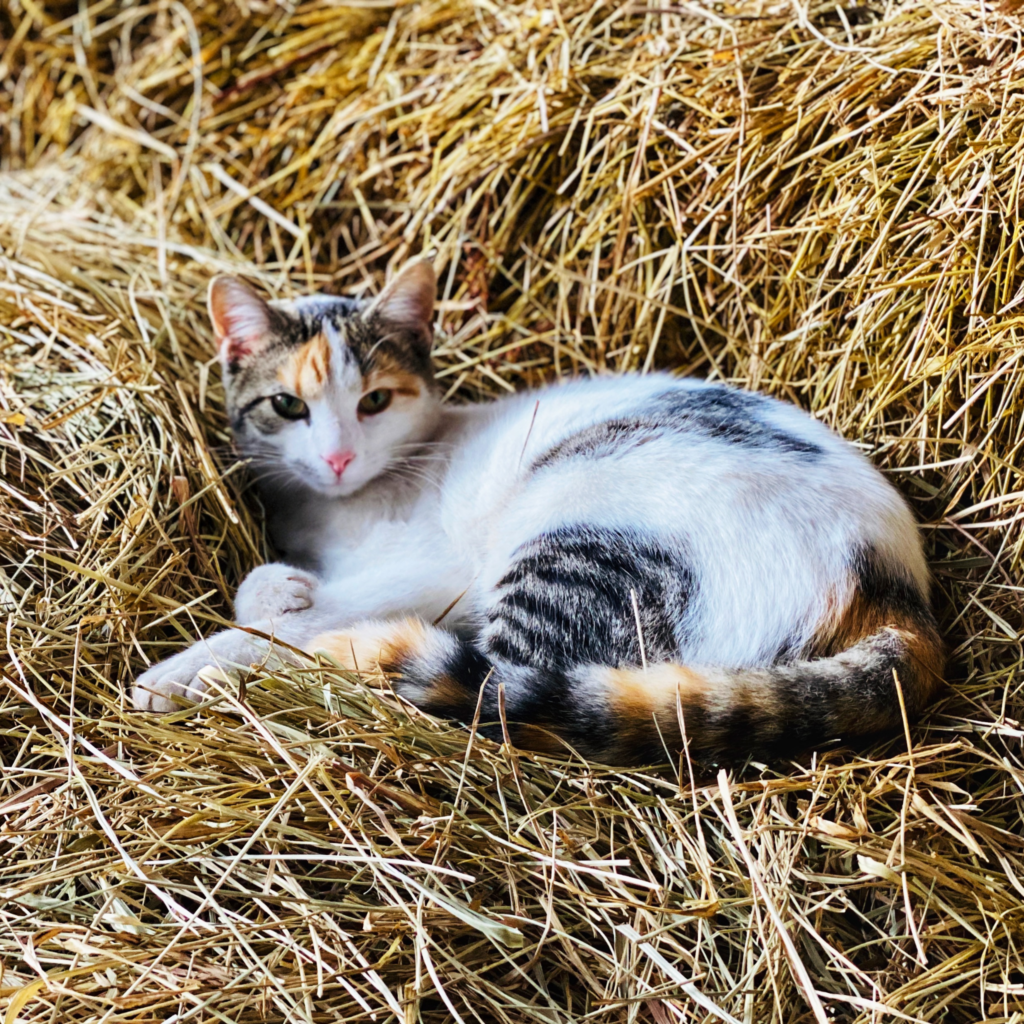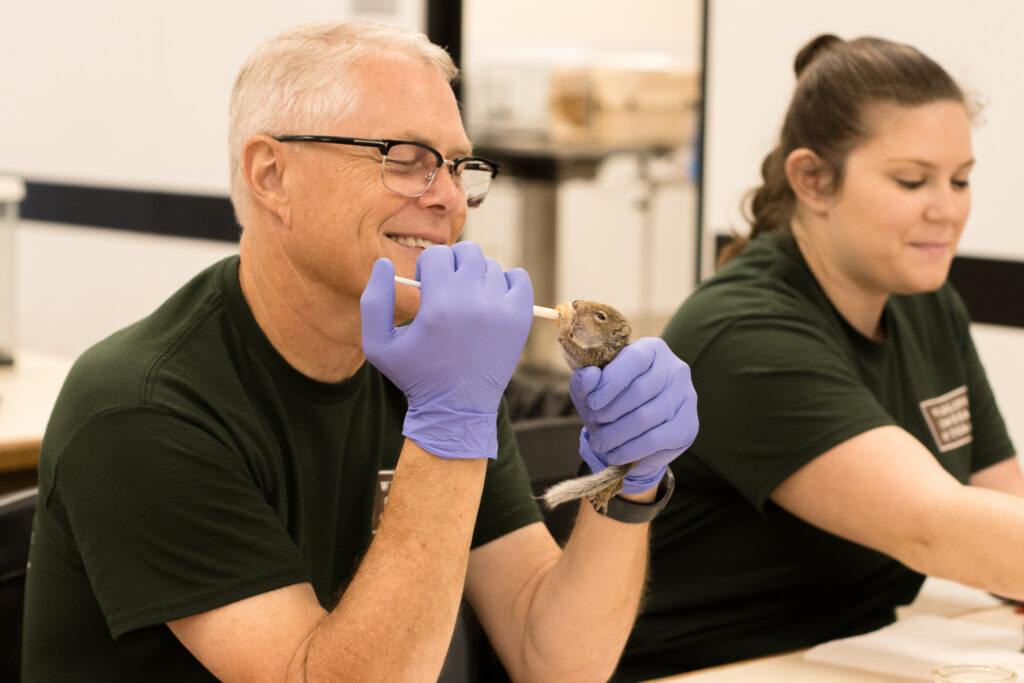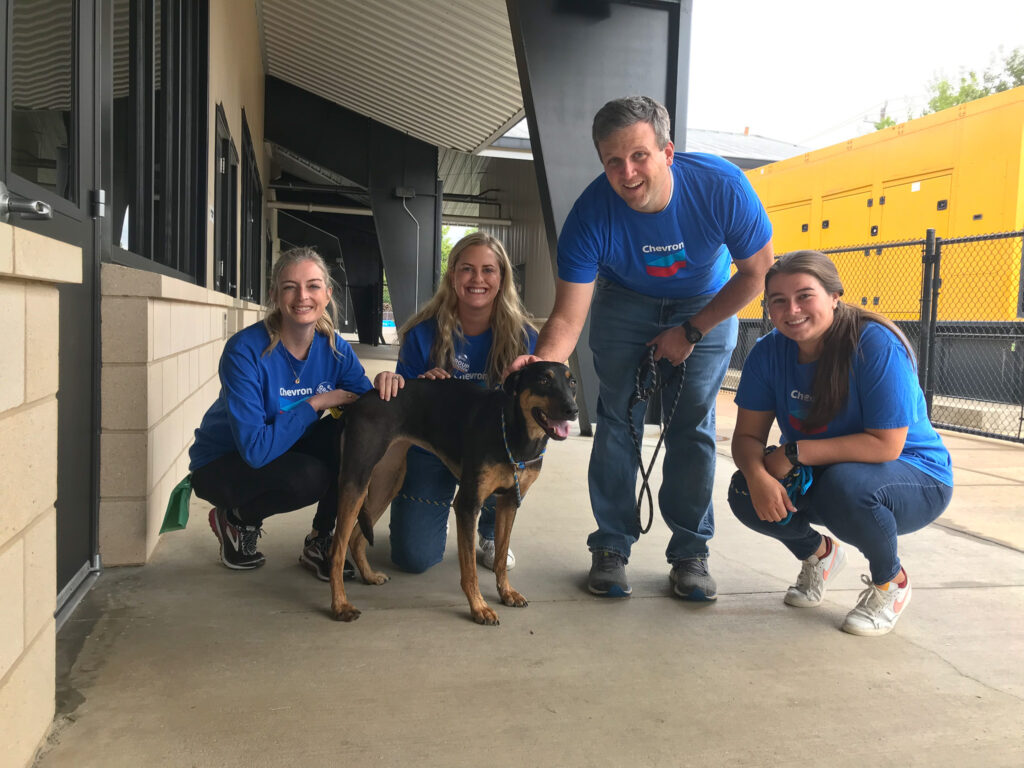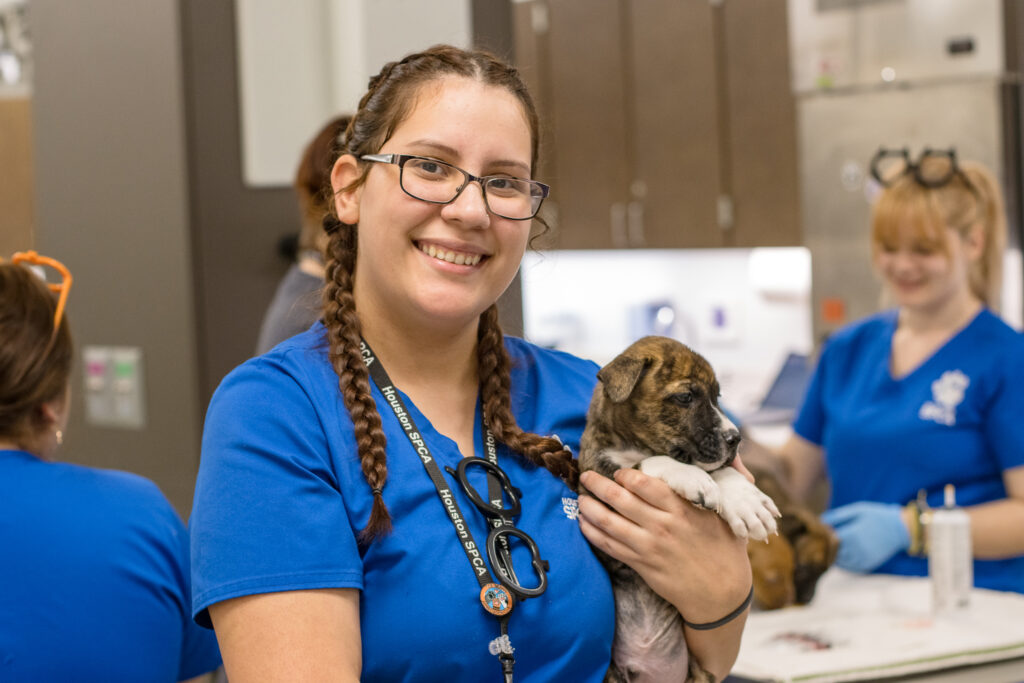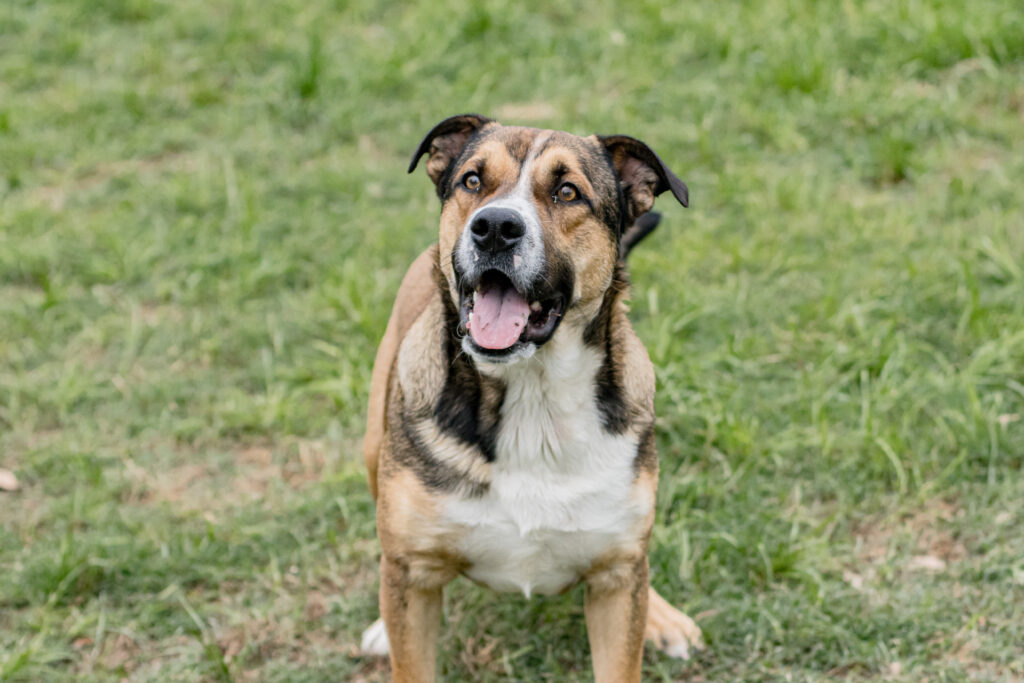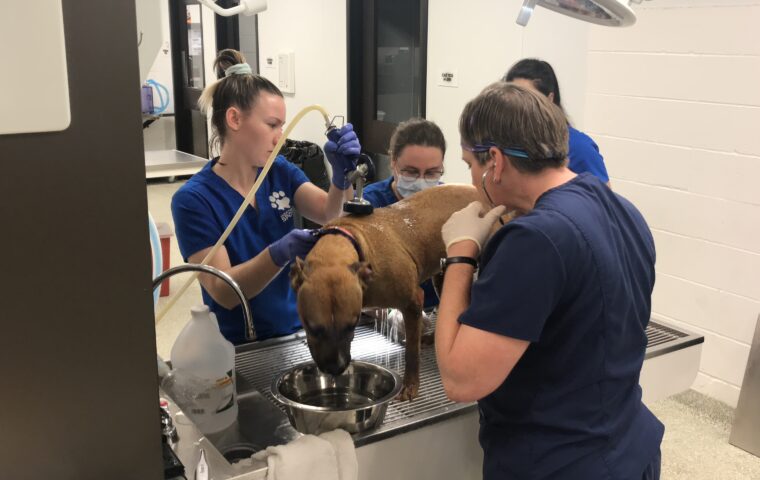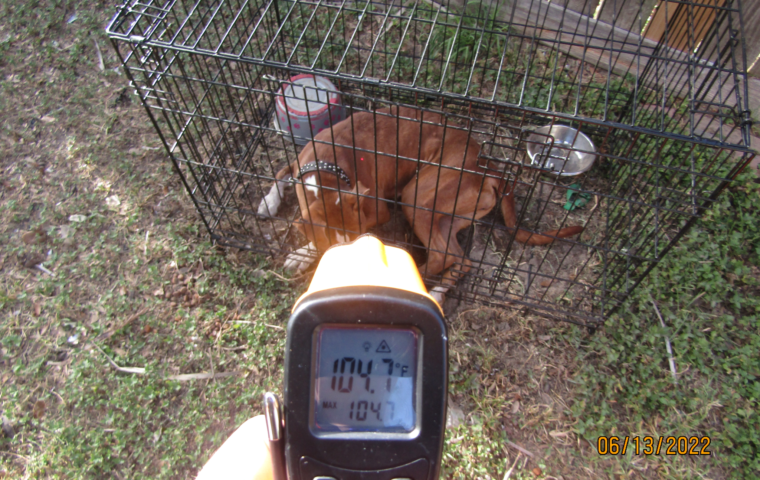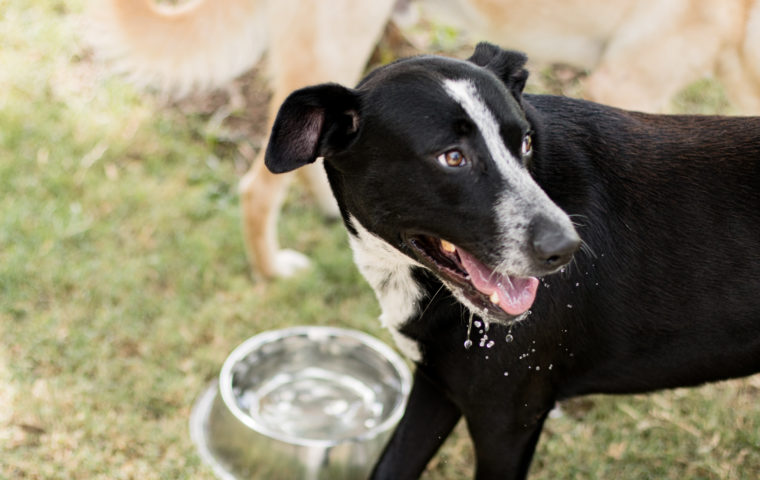(July 16, 2023)
The National Weather Service has issued an excessive heat advisory for the Houston region. A warning of this severity has not been issued for our area since 2016. Standard summer temperatures in Houston are dangerous enough for our pets, and precautions are even more important during record-breaking heat waves.
Preventing Heat Distress in Your Pet
For the next several days of triple-digit temperatures, keep your pets indoors. Keeping them in a temperature-controlled environment during excessive heat is the best way to prevent heat distress.
- Avoid outdoor activity during the hottest parts of the day, especially in summer
- Take frequent breaks from outdoor activity or playtime
- Offer plenty of water
- Provide adequate shelter, food, and water if your dog lives outdoors
- NEVER leave your pet in the car
If your pet lives outside and they cannot come indoors, there are extra considerations to take. Your pet must be provided with ample food, water, and shelter at all times according to the Safe Outdoor Dogs Act.
During an excessive heat warning, it’s critical to check on your pet often. They may have a tether of adequate length that allows them access to food, water, and shade, but the sun shifts during the day. Their area of access may have been covered by plenty of shade in the morning but could be blasted by direct sunlight in the afternoon.
Dr. Westbrook appears on FOX Weather with adoptable dog DG to go over hot weather tips.
Spotting the Symptoms of Heatstroke
Heat distress can happen much faster than you might think. Even in mild temperatures, just a short period of heavy exercise or playtime can become dangerous. With the excessive heat warning in place, just a few minutes outdoors can become uncomfortable.
In dogs, panting is a normal way of cooling off. However, when panting turns excessive and your pet appears restless, they’re beginning to overheat. Other signs of heat distress include:
- Dry, sticky, or pale gums
- Lethargy
- Laying down on their side
Cats, however, do not normally pant, and this is a concerning sign of heat distress on its own. Other concerning signs in felines include:
- Rapid pulse
- Red tongue
- Vomiting
- Staggering around, difficulty walking
Dr. Westbrook talks about pet safety on the FOX 26 Pet Pawcast with adoptable pup Harley.
Treating Heat Distress
If your pet has already begun to show signs of overheating, here are some tips to help bring their body temperature back down.
- Immediately move them indoors and call your veterinarian for further instruction.
- Offer your pet room-temperature water to drink. Overindulging can lead to vomiting, so offer water in limited quantities at first.
- Pour cool water on your dog’s stomach, head, and armpits.
- Use cool, damp rags to cover your pet and place a fan on them.
- Stop cooling efforts once their internal temperature is reduced to 103 degrees.
Any behavior that causes your pet to cool too fast should be avoided. Temperature control is key and a slow cooldown will prevent your pet from conserving heat. What NOT to do:
- Submerge your pet in cold water.
- Allow them to drink too much water to the point of vomiting.
- Use ice to facilitate cooling. Their blood vessels will restrict and hinder cooling.
Reporting Animal Cruelty
In the past few weeks, we have already rescued a number of pets from heat exhaustion, including four puppies left inside a hot car. Only three survived. These calls will only be more numerous as the season continues.
Dr. Westbrook talks to KHOU11 about the implications for our organization when Texas heat peaks in the summertime.
So what should you do if you see a pet in heat distress?
WHEN POSSIBLE, call Houston SPCA at 713-869-7722 so evidence can be collected. If the animal is lethargic, panting heavily, and in obvious heat distress, call 911 first.
Remain by the vehicle and take videos and photos of the animal and license plate if safe to do so. If the animal is in someone’s yard, do not trespass. Only gather photos if you can safely do so.
Since 1924, the Houston SPCA has been the leading private, nonprofit animal welfare organization in the greater Houston region. We are one of the only organizations in the country able to care for animals of all kinds in one location. Looking for more ways to give? Check here for how to support animals in need.



